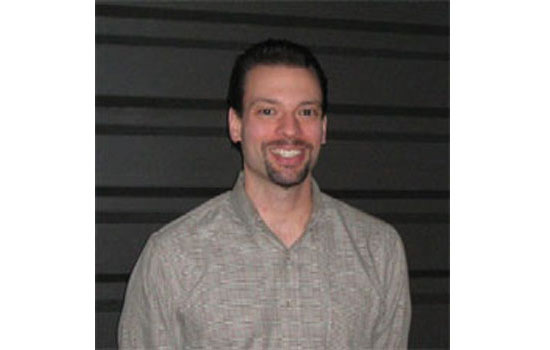Research Seeks to Improve Assessment of Autism
Multi-university team develops evidence-based measures for use in diagnosis
Vincent Pandolfi
A multi-university research team is working to establish an evidence-based assessment protocol for use with individuals with autism and autism spectrum disorders.
The team is developing stronger assessment measures and methods to more accurately identify autism spectrum disorders and the emotional and behavior disorders that often occur with them. The research could ultimately enhance the procedures used by medical doctors, school psychologists and clinical psychologists to assess symptoms and properly diagnose patients.
“Autism is a neurodevelopmental disorder characterized by impairments in social interaction, communication and behavior with onset in early childhood,” notes Vincent Pandolfi, assistant professor in the school psychology department at Rochester Institute of Technology, and a member of the research team. “However, specific symptoms can vary widely between individuals and autism can present differently within the same person over time, making diagnosis challenging.”
Research also indicates that individuals with autism frequently present with an accompanying emotional and/or behavior disorder that requires specific treatment. Unfortunately, it is often hard to accurately identify disorders like depression and anxiety in autistic patients, because many of these individuals may have atypical presentations of mental health problems compared with the general population. Developing more reliable and valid measures for these patients will help clinicians more properly diagnose individuals so treatment can begin as soon as possible.
“The earlier we can detect autism spectrum and accompanying disorders, the earlier we can provide specific treatment and hopefully improve the quality of life of affected individuals and their families,” says Pandolfi.
The team also includes Caroline Magyar, associate professor of psychology at the University of Rochester School of Medicine and Dentistry, and Charles Dill, associate professor of psychology at Hofstra University. Their work has been published in the Journal of Autism and Developmental Disorders and also presented at national and international professional conferences.







